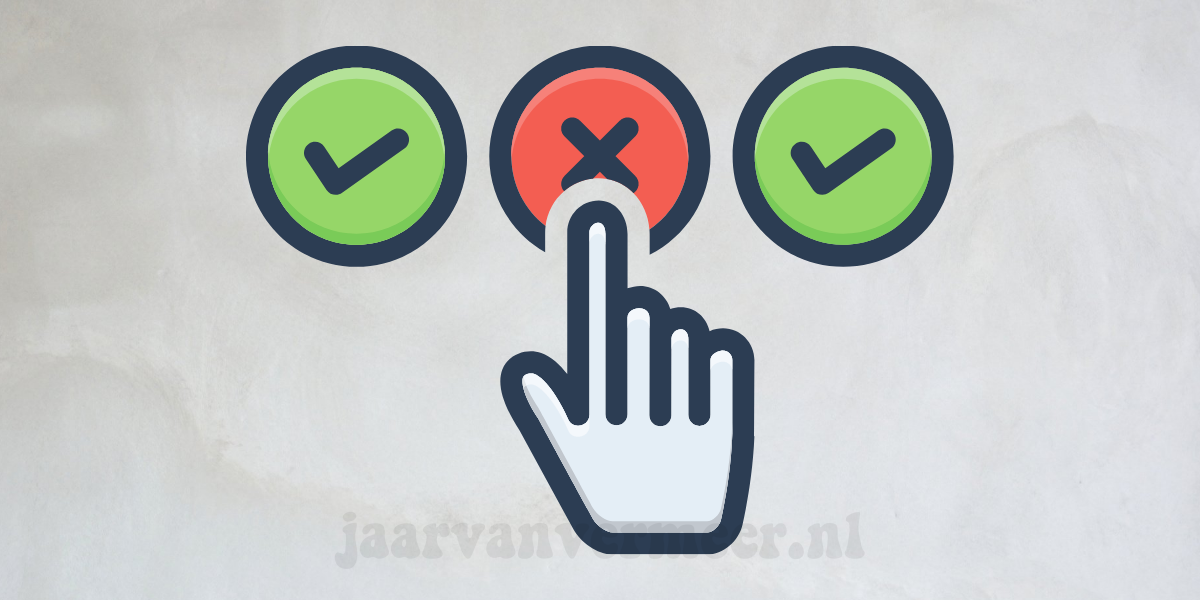
In 1996, I started selling CRM solutions. I was one of the first CRM evangelists. A few years later, I was working for a company that used one of the CRM systems I had sold. It was shocking to me how little the system was being used. As a consultant, we have seen many instances of CRM technology being underutilized since I started my career. What is the difference between promises and practice?
Failure is a Fundamental Cause
One fundamental reason CRM is not being implemented well is my belief. Are you ready? It is your intention. That’s all. One word that has a significant meaning.
Many organizations use CRM as though it were SFA (Sales Force Automation). SFA was a popular tool in the 1980s that allowed salespeople to sell more products to more people. SFA quickly fell out of favor with the advent of CRM. Business leaders intuitively realized that it was better to have all those who touch a customer work from one customer record. Although companies switched from SFA implementation to CRM, their core thinking didn’t change. Implementing CRM was about selling more products to more people.
Simply looking at the implementation of CRM solutions will show you how they work. They have essentially glorified address books, with sales opportunity information attached. I don’t think it is wrong to have up-to-date information about customers that anyone can access. I also don’t want to minimize the importance of learning more about the stage and value of sales opportunities. This is not CRM technology; my point is.
Strategic Value
Your CRM is, in my opinion, the best strategic software that you can use to grow your business. CRM’s purpose is to increase the value of the firm’s prospects and customers through a better relationship. Knowledge is the key to improving relationships. We track sales opportunity information to see how effective our efforts are at educating our customers. But what about the reverse? What about the reverse? How are we improving our understanding of our customers?
CEOs who understand the strategic importance of customer relationships and customer information are passionate about the implementation of their CRM. They are unreasonable in their demands to have the system up and running. They make sure they have champions who care about complete and accurate data. Because they understand that understanding customers is key to a company’s ability to create value, they force compliance.
360-Degree View
CRM can provide 360-degree views of customers when used correctly. As everyone touches a customer and learns more about them, we will all grow in our understanding.
We will learn more about each customer and begin to see trends within customer segments. This will result in more effective marketing. This will allow us to understand our customers better, which in turn will lead to a better corporate strategy.
Marketing Value
CRM will allow one-to-one communication in marketing. Rather than simply sending generalized, broadcast messages to everyone in the database, well-structured CRM systems will enable us to send highly targeted and highly relevant communications to dynamically generated segments of our database. This will allow you to deliver the right message at the right time to the right person. What will you see? The result? You will be able to have meaningful conversations with other people. You will be seen as more helpful than intrusive. You will add more value.